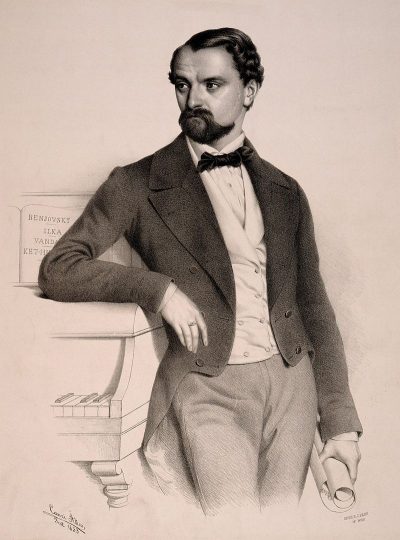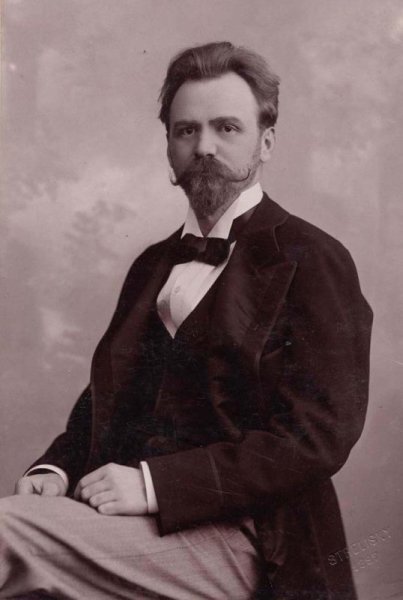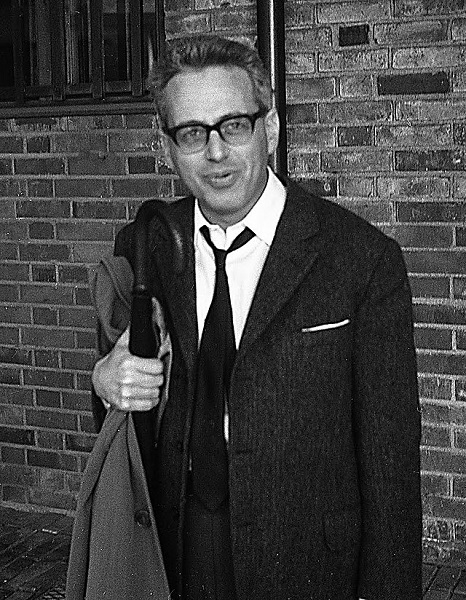Born in Nagyszentmiklós, Hungary [now Sînnicolau Mare, Romania], March 25, 1881
Died in New York, Sept 26, 1945
- Although we know Bartók today primarily as a composer, during his lifetime he was active as pianist, teacher, and an ethnomusicologist dedicated to Hungarian folk music.
- Along with Liszt, Kodály, and Dohnányi, Bartók is one of Hungary’s best known and most esteemed composers.1
Learn More
Short biography










